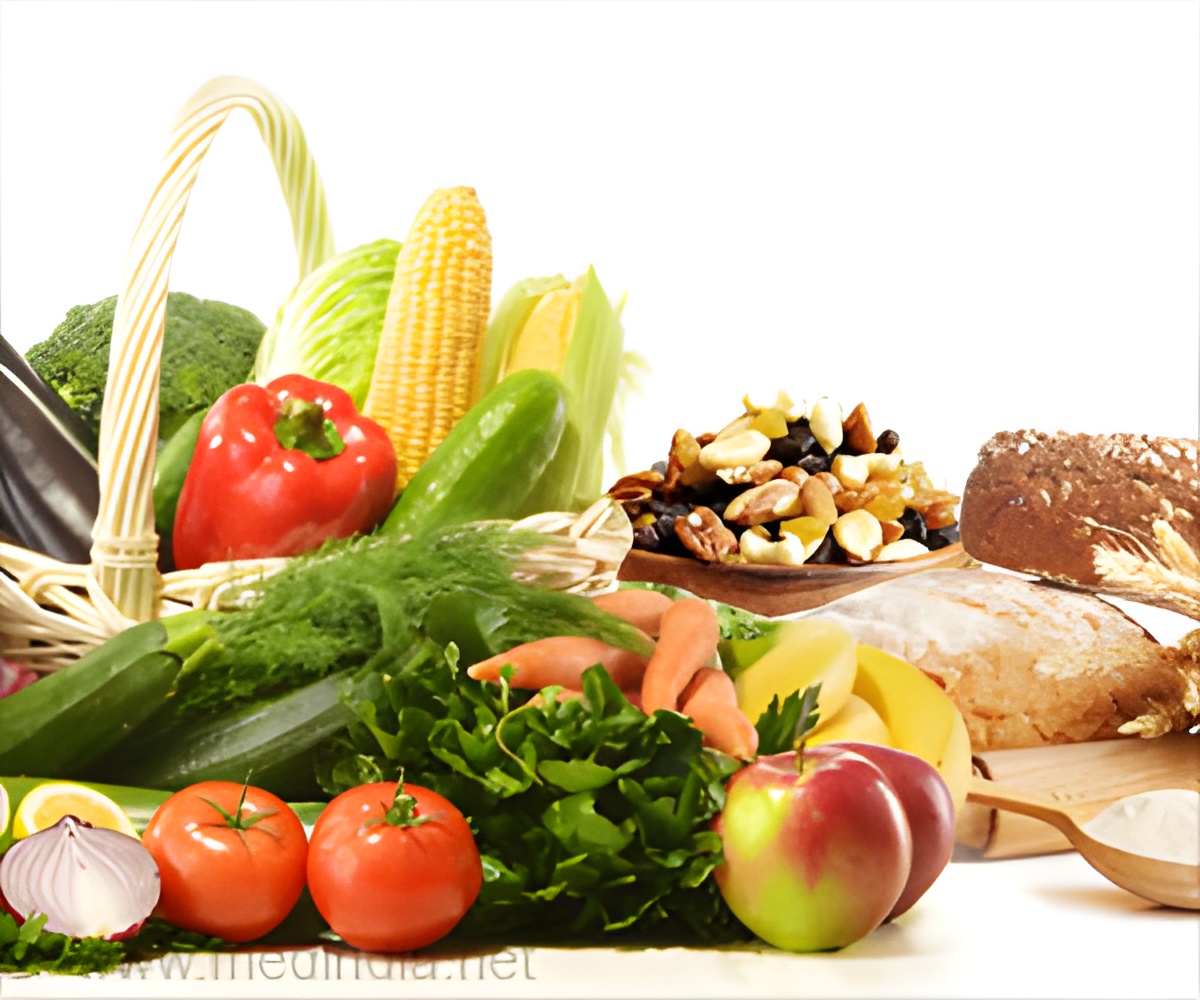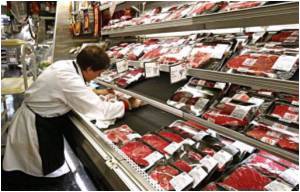Replacing 3 percent of protein from non-vegetarian foods such as red meat with plant proteins such as grains, nuts and vegetables can reduce the risk of death.

- Higher consumption of red meat and processed red meat increases the risk of cancer, cardiovascular disease and death
- Swapping animal sources of protein with other plant sources of protein such as nuts and seeds can reduce the risk death
- Increasing the intake of plant protein by 3% reduced the risk of death by 10% and cardiovascular death by 12%
The researchers analyzed the findings of two large studies conducted in the United States. The studies included 131,342 male and female participants with an average age of 49. The protein sources, calorie breakdown and the daily diet of the participants were analyzed using validated food frequency questionnaires.
The median protein intake was 14 percent of animal protein and 4 percent of plant protein. Once the lifestyle and other dietary risk factors were adjusted, the researchers found that increasing the animal protein share of calories by 10% led to a 2% higher risk of death and an 8% higher risk of death from cardiovascular diseases.
But, for every 3% increase in calories from plant protein reduced the risk of death by 10% and risk of cardiovascular death decreased by 12%.
When the protein intake was compared among the less healthy participants - people who are obese, who smoke and drink alcohol- the effects of replacing animal protein with plant protein were much higher than for healthier participants.
"There has been a limited study on the differences between proteins, but research in this area can provide the public with important information. Food sources of protein are not just about the protein itself, but other nutrients in the food," said Song.
Swapping about 3% of protein from animal sources with proteins from grains, vegetables, nuts, and seeds reduced the risk of death regardless of unhealthy lifestyle practices.
Small changes in the diet by swapping out animal protein was significant, said the researchers. The risk of death decreased by 34% when processed red meat was replaced, 12% for replacing red meat and 19% for replacing eggs.
The Recommended Dietary Allowance (RDA) for protein is 0.8 grams per kilogram of body weight. One cup of cooked soybeans provides 29 grams of protein, lentils (18 grams), chickpeas (15 grams), peas (8 grams), quinoa (8 grams), half a cup of sunflower seeds (6 grams), and 1 cup cooked broccoli provides 4 grams of protein.
A study by the World Health Organization suggested that processed red meat such as bacon, hot dogs, and corned beef can increase the risk of cancer. The researchers noted that all types of red meat affect the risk.
The US Department of Agriculture and US Department of Health and Human Services also acknowledged the risk of chronic diseases and death due to increased consumption of meat, in particular among men.
The study is published in the JAMA Internal Medicine.
Reference:
- Protein in Vegan Diet - (http://www.vrg.org/nutrition/protein.php)















